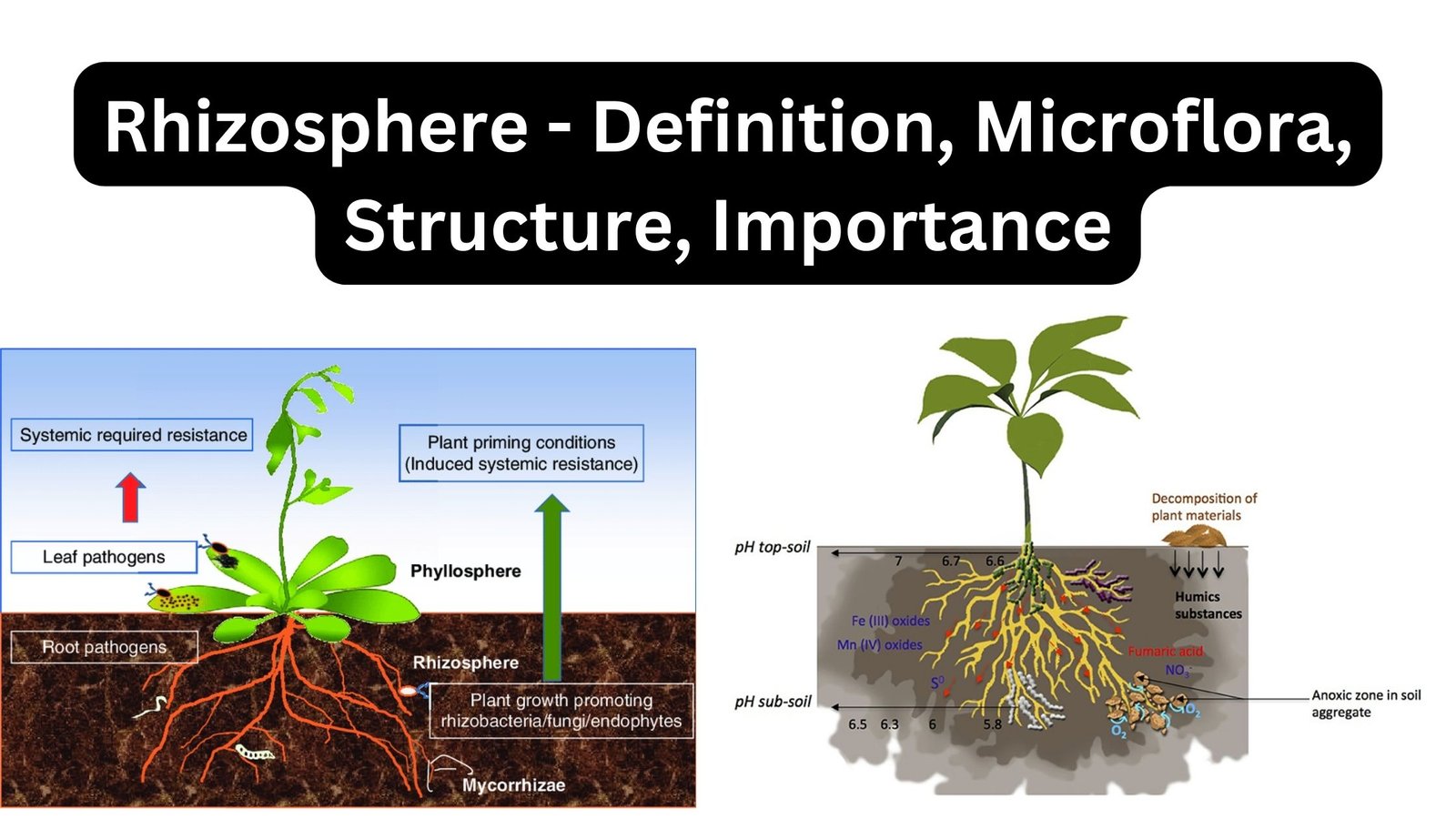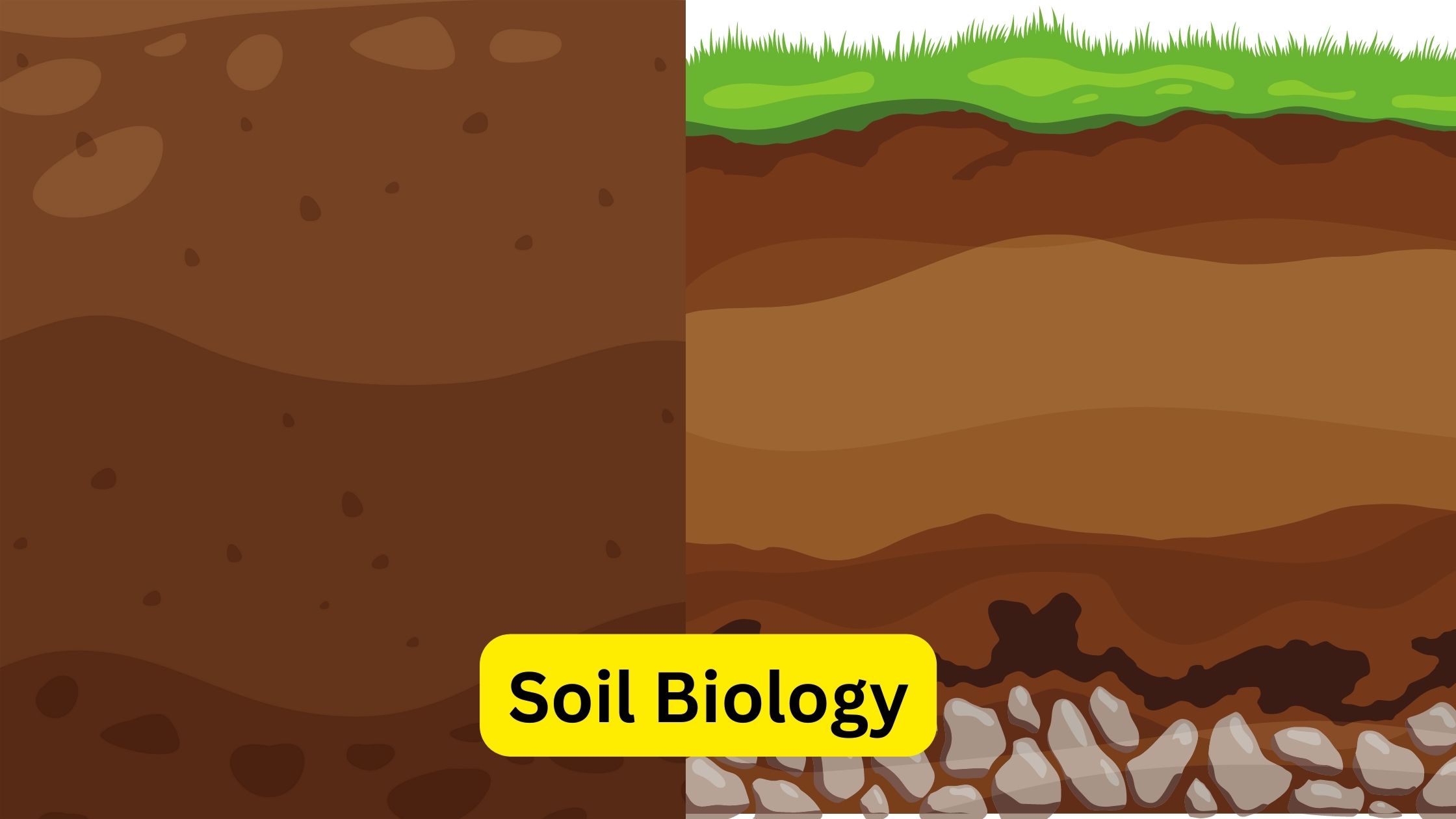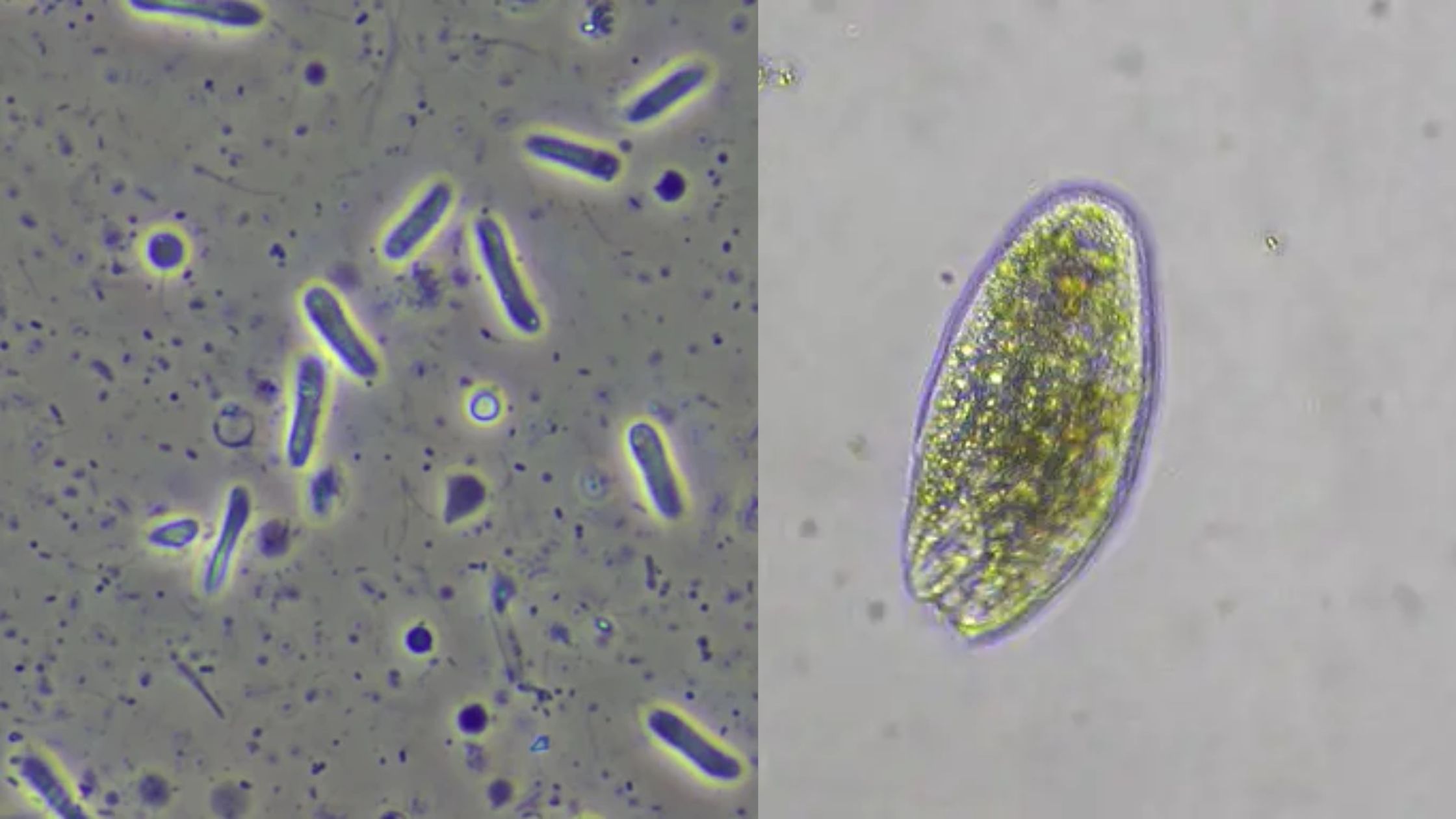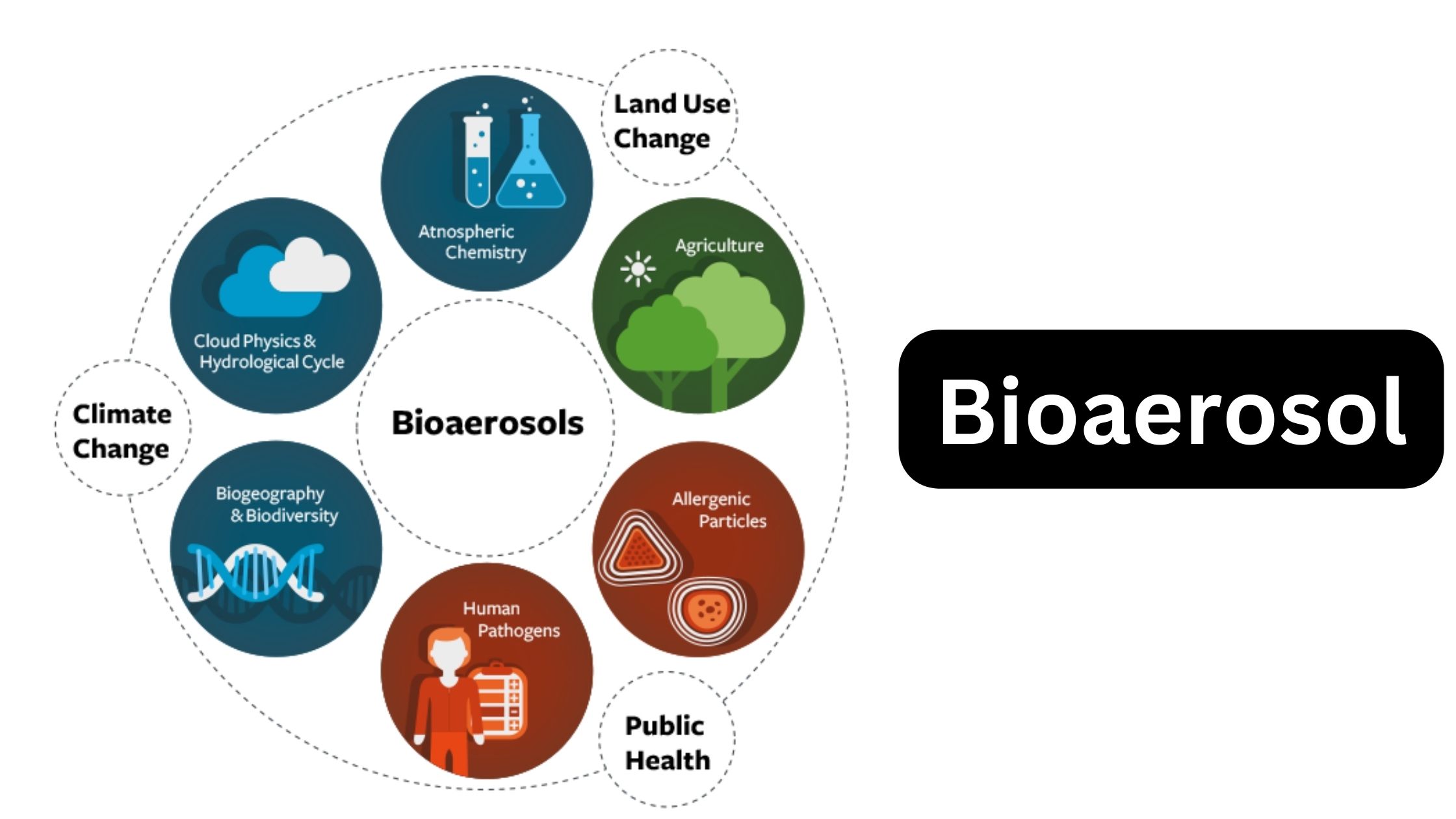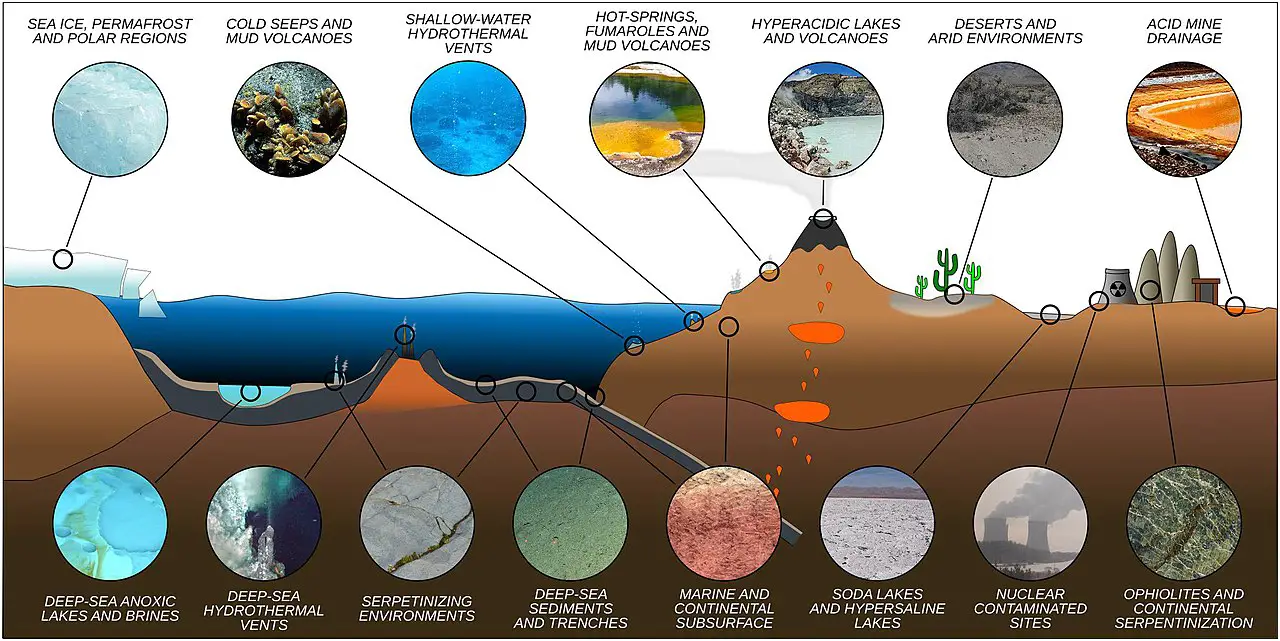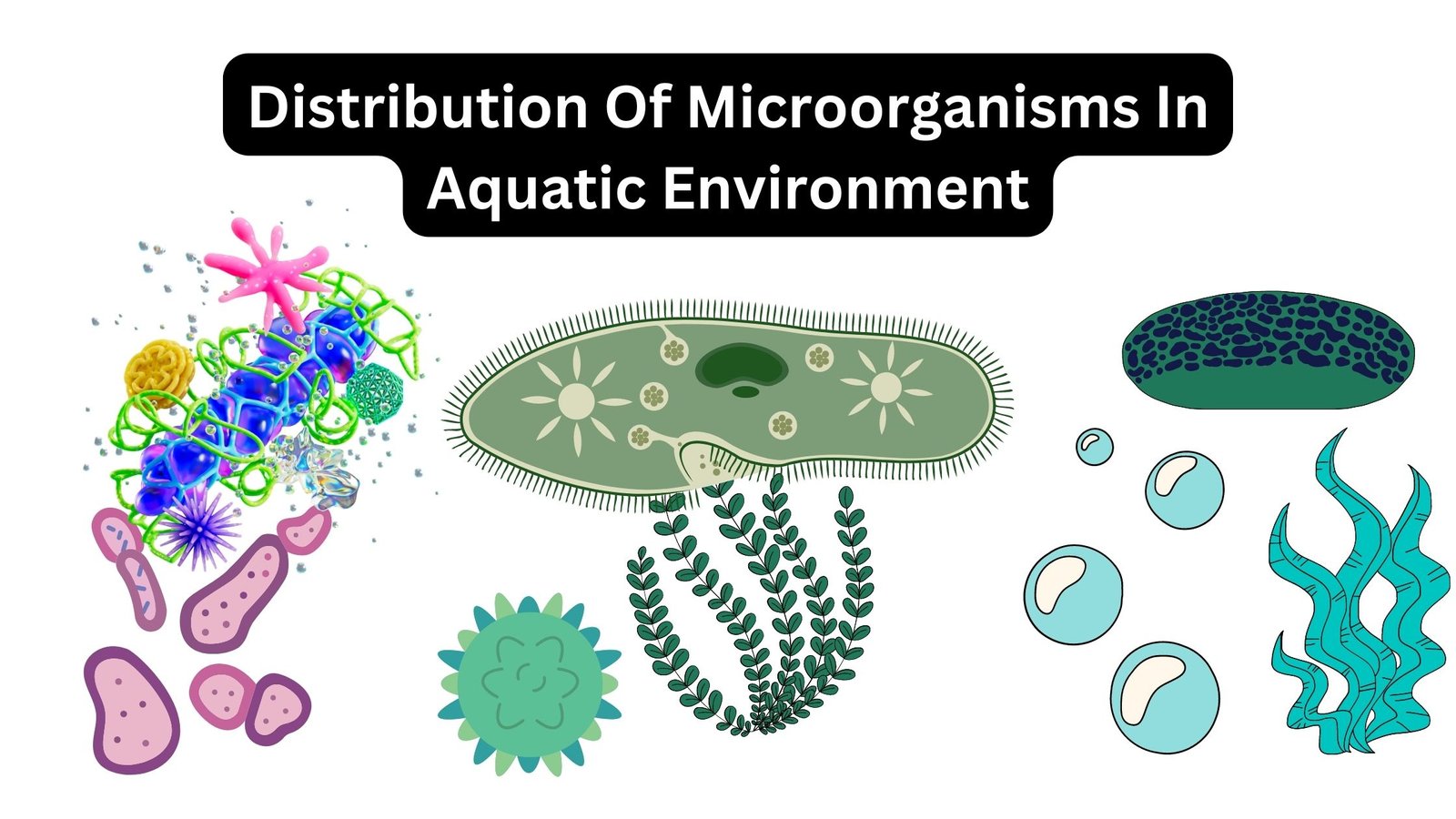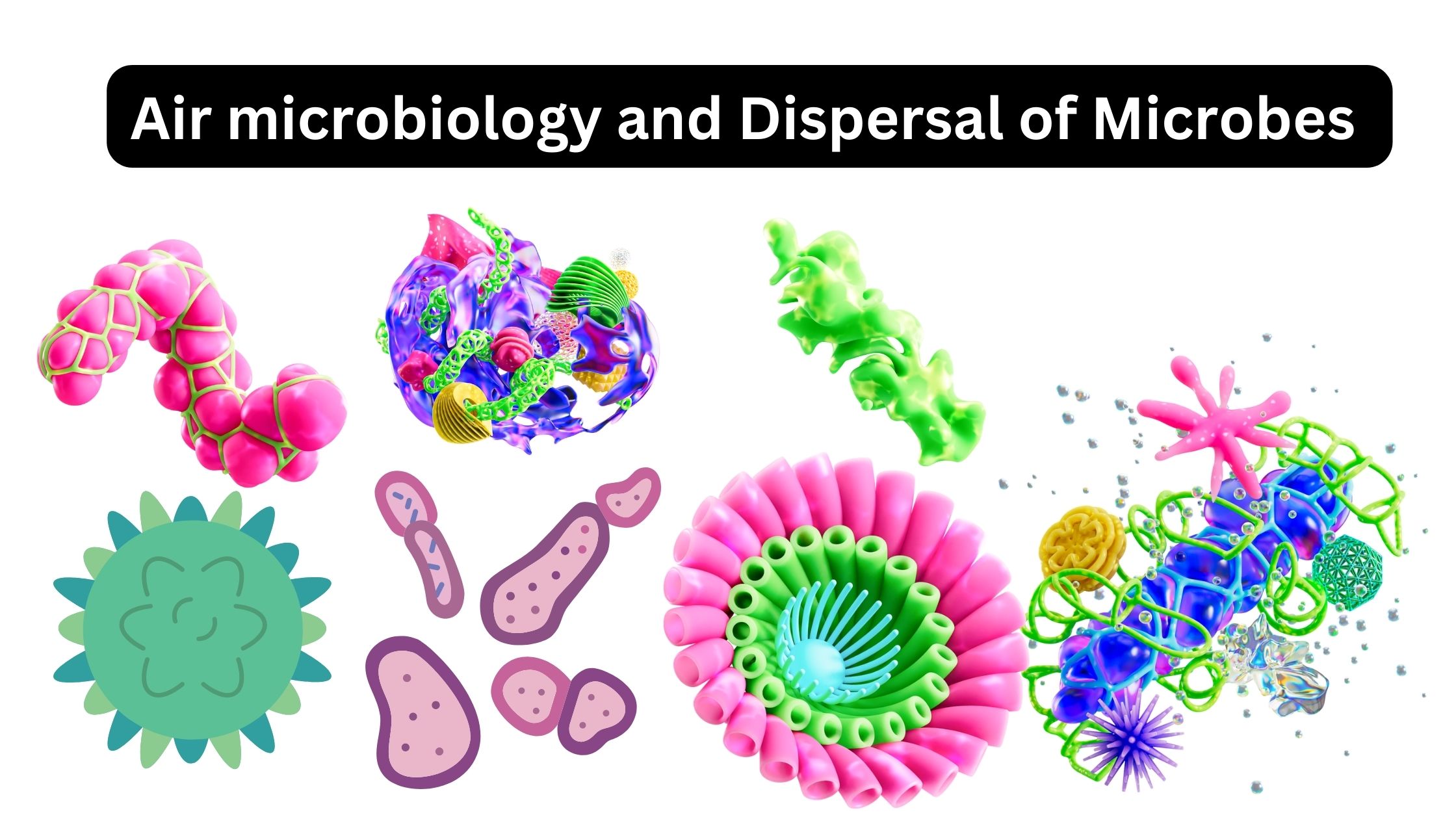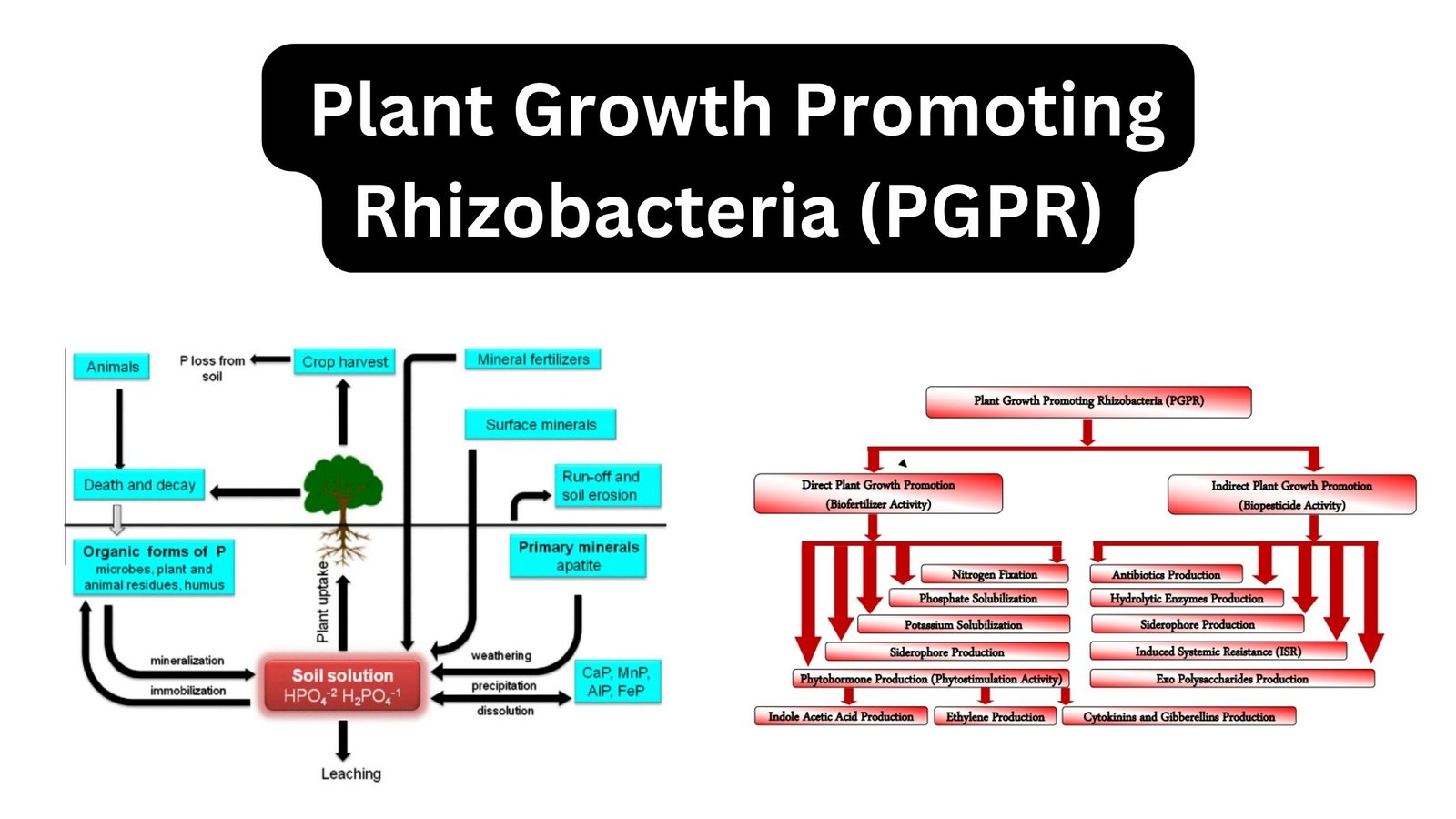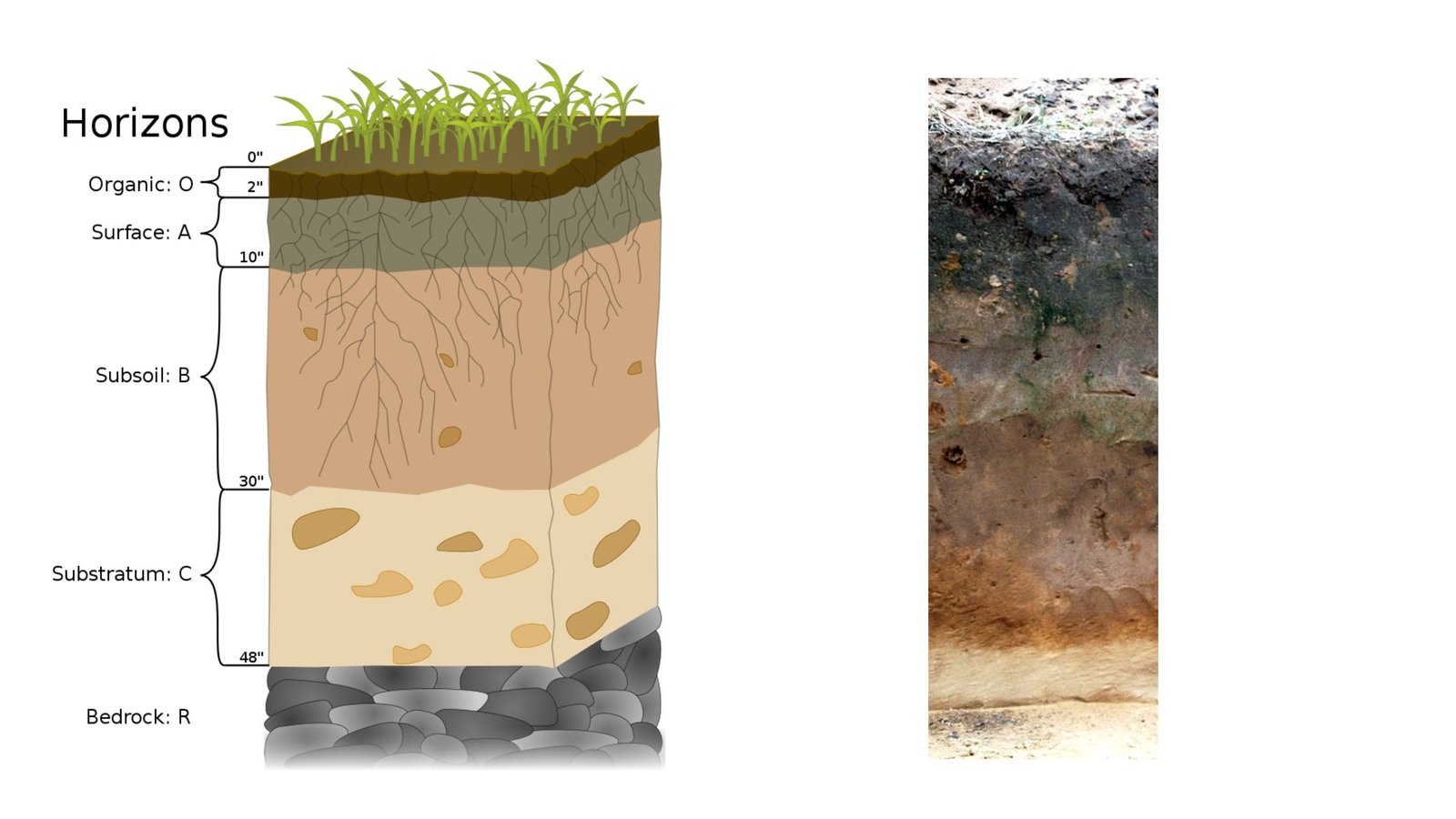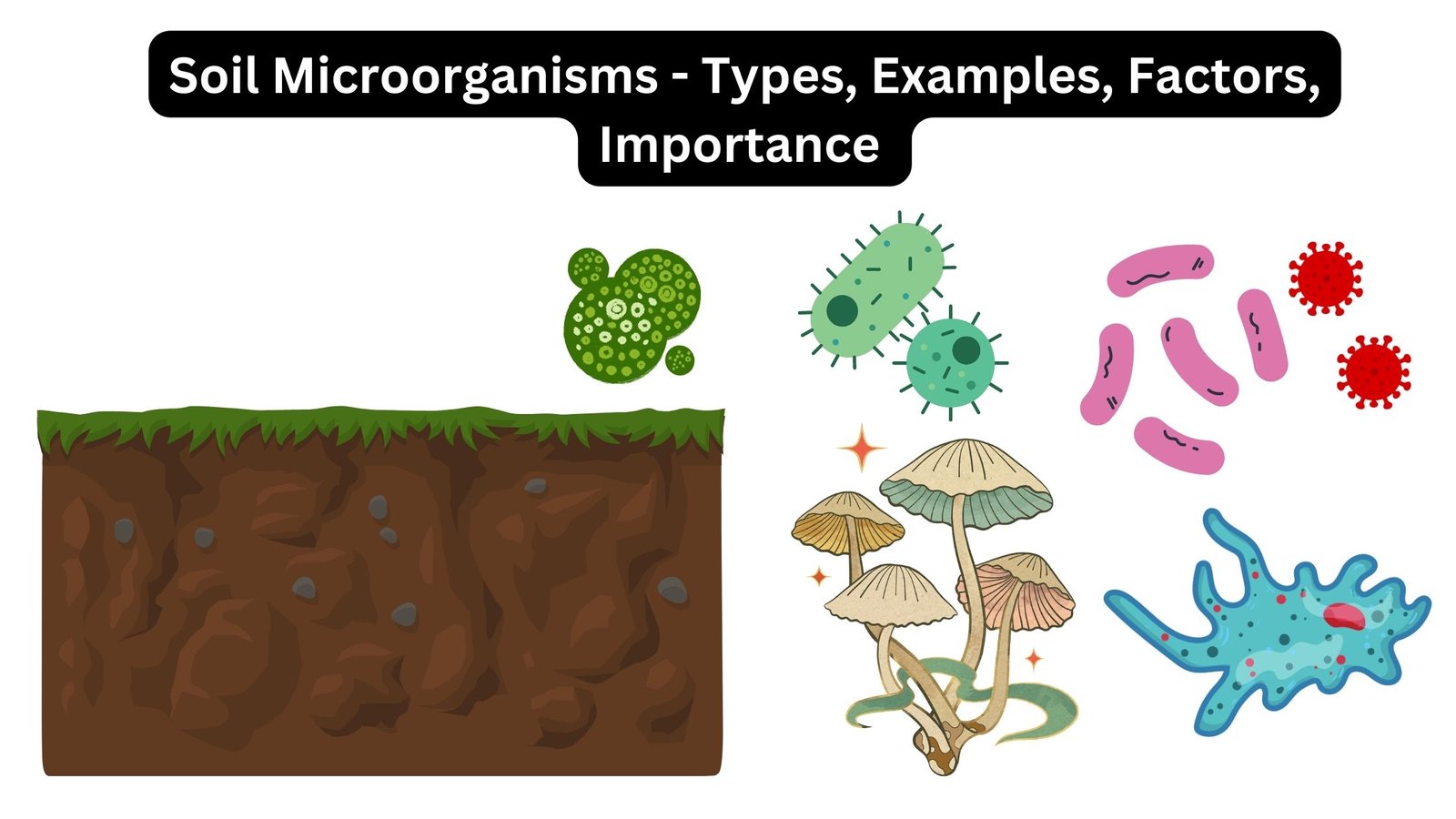Rhizosphere – Definition, Bacteria, Structure, Importance
What is Rhizosphere? The rhizosphere is the small area of soil around plant roots that is directly affected by root secretions and the microbes that live there. Usually goes about one millimeter from the root surface and includes soil that sticks to the roots and can be easily shook off. Root exudates and rhizodeposition: Roots … Read more
